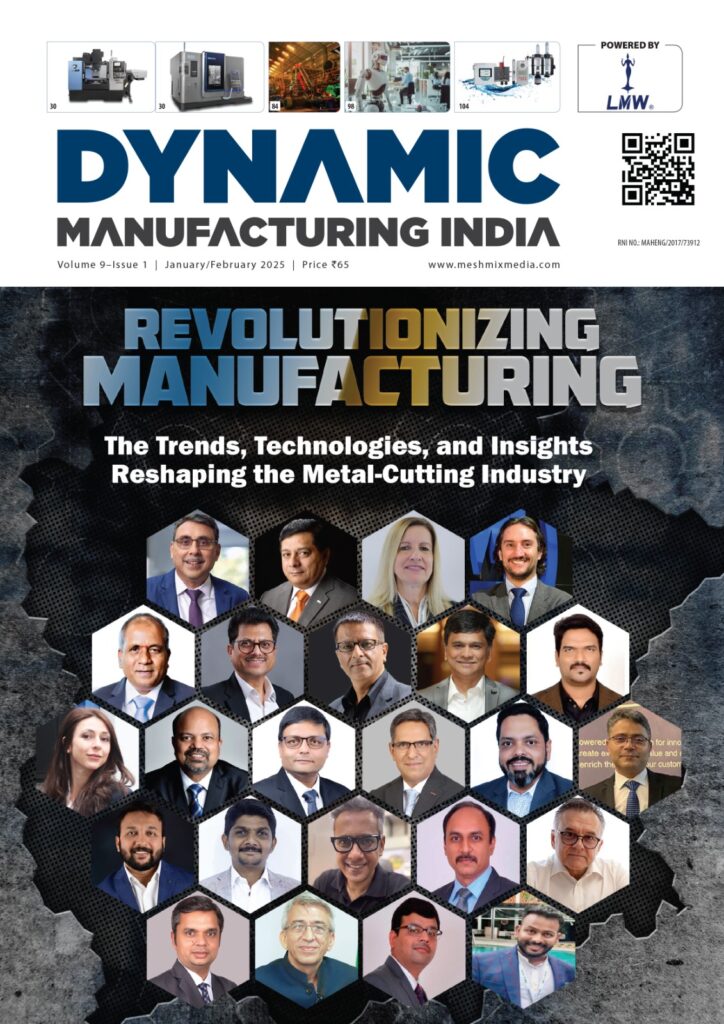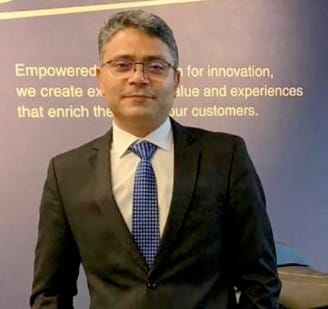1) Which recent advances in metal cutting technology have brought about the biggest change in efficiency and precision?
The latest innovations in metalworking fluid technology are expected to significantly contribute to process optimization.
In neat cutting fluids, GTL base oil (gas-to-liquid) technology is one of the key innovations, offering improved performance in terms of mist reduction and viscosity retention at high temperatures, especially in the low viscosity range. We are preparing a GTL-based product line to be launched in India soon.
In water-miscible products, nanoemulsion technology and polymer-based mineral oil-free/synthetic products have evolved and can now be used in almost any application, including heavy cutting. Past issues such as guideway drying and corrosion issues have also been largely eliminated. Our water-soluble product range is equipped with the above technology.
2) How is the industry adapting to sustainable manufacturing practices and what specific initiatives are helping to reduce its environmental impact?
Apart from the use of advanced products with non-toxic chemical components, one of the important aspects of sustainability is the CO2 footprint of the product in the manufacture of each raw material and each step of the process. Significant improvements in the quality of rerefined base oils for product manufacturing are considered a means to reduce environmental impact.
Using more biodegradable raw materials such as vegetable esters in metalworking fluids improves product performance and reduces environmental impact.
The Zavenir Daubert manufacturing facility in India is carbon neutral and uses 100% solar energy for its operations.
3 ) As digitization reshapes manufacturing, what new skills are essential for today’s workforce and how is the industry addressing the skills gap?
We at Zavenir Daubert strongly believe that digitalization will be important in all aspects of the process. This increases efficiency by streamlining processes and making data more efficiently available to relevant parties.
Our production system is automated, ensuring ease of manufacturing process and repeatability of product performance.
Digitization has enabled faster product development because product test data, raw material data, and hazard categories are readily available to R&D teams.
Employee skill development is essential and can be achieved by identifying the IT training needs of your employees based on their role and upgrading their skill sets regularly and incrementally. In-house specialists in specific skills can help train colleagues.
4 ) What trends are driving the current demand for metal cutting solutions and how do you expect the industry to adapt to these trends?
The current trend is definitely towards sustainability and reducing the overall carbon footprint. This is achieved not only by using sustainable products, but also by following sustainable processes such as using renewable energy and reducing waste.
Another focus is on the increased process productivity that can be achieved through the use of high-performance additives in metalworking fluids.
We also look forward to contributing to this trend by ensuring that our products help reduce rejects of metal parts due to corrosion.
5) What do you think is the most important challenge facing the metal cutting industry today and what steps is your organization taking to remain competitive?
The main challenges facing the Indian manufacturing industry are related to compliance, cost and sustainability. As Indian manufacturing becomes more export-focused, ever-changing compliance requirements such as REACH are restricting the use of certain chemicals, leading to complete formulation rework.
Cost pressures due to the entry of other developing countries into manufacturing are driving process optimization along with the need to reduce process costs.
At Zavenir Daubert, we develop great technical products that require very high quality raw materials, which is a bit difficult due to limited availability in India. However, we can alleviate this challenge by entering into long-term contracts and building relationships with global suppliers.

Electronic copy of the magazine – https://www.machineinsider.com/dynamic-manufacturing-india-jan-feb-2025-edition/








